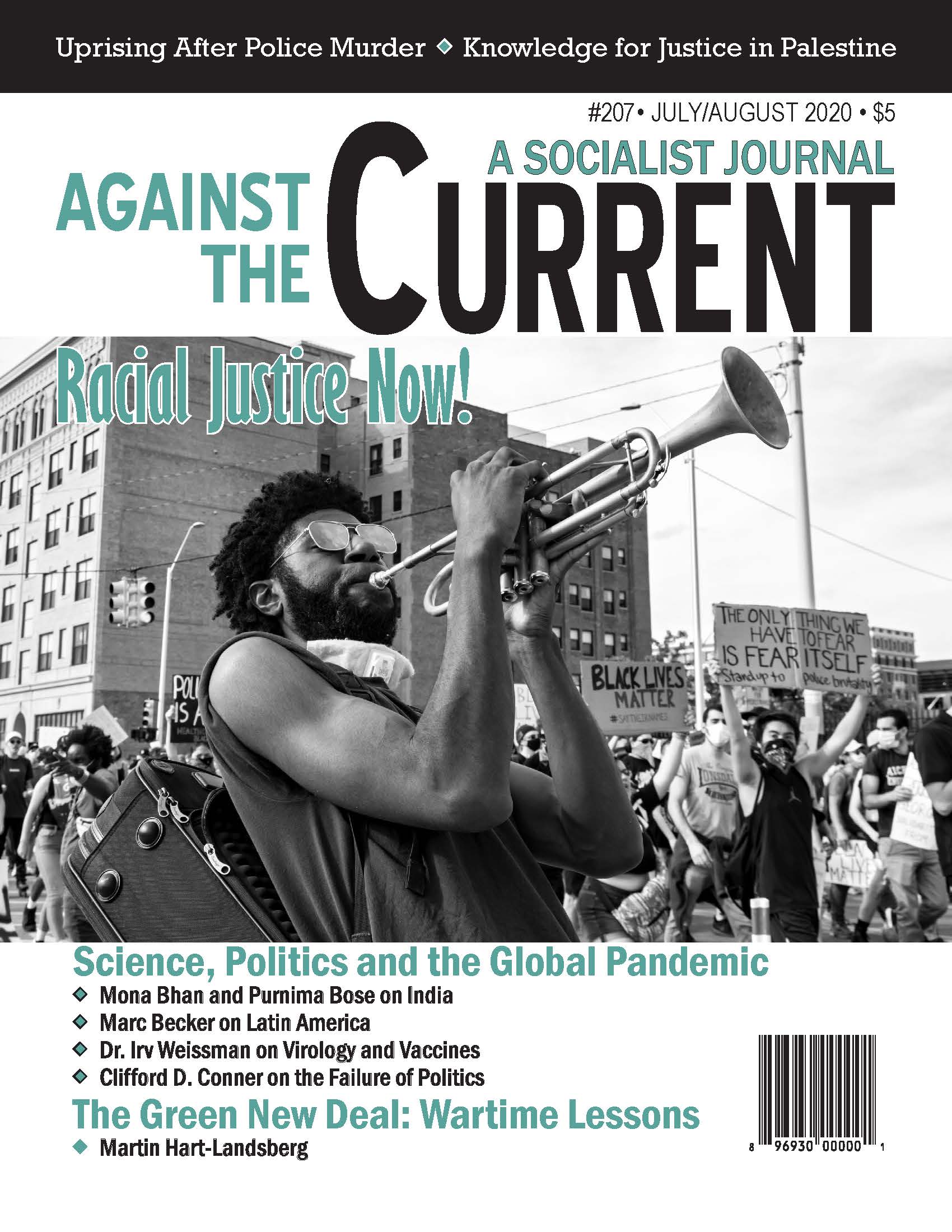Against the Current, No. 207, July/August 2020
-
"Normal" No More
— The Editors -
U.S. Erupts with Mass Protests
— Malik Miah -
Producing Knowledge for Justice, Part II
— ATC interviews Rabab Abdulhadi -
Lessons from World War II: The Green New Deal & the State
— Martin Hart-Landsberg -
White Supremacy Symbols Falling
— Malik Miah -
The Brotherhood of Railway Clerks
— Jessica Jopp - The Pandemic
-
Authoritarianism & Lockdown Time in Occupied Kashmir and India
— Mona Bhan & Purnima Bose -
Ending the Lockdown?
— Mona Bhan and Purnima Bose -
The Virus in Latin America
— Marc Becker -
Science, Politics and the Pandemic
— Suzi Weissman interviews Dr. Irv Weissman -
What We Need to Combat Pandemics
— Clifford D. Conner - Reviews
-
Clarence Thomas's America
— Angela D. Dillard -
Homeownership and Racial Inequality
— Dianne Feeley -
Anti-Carceral Feminism
— Lydia Pelot-Hobbs -
Half-Life of a Nuclear Disaster
— Ansar Fayyazuddin and M. V. Ramana -
Can the Damage Be Repaired?
— Bill Resnick -
A Lifetime for Liberation
— Naomi Allen
"Normal" No More
— The Editors
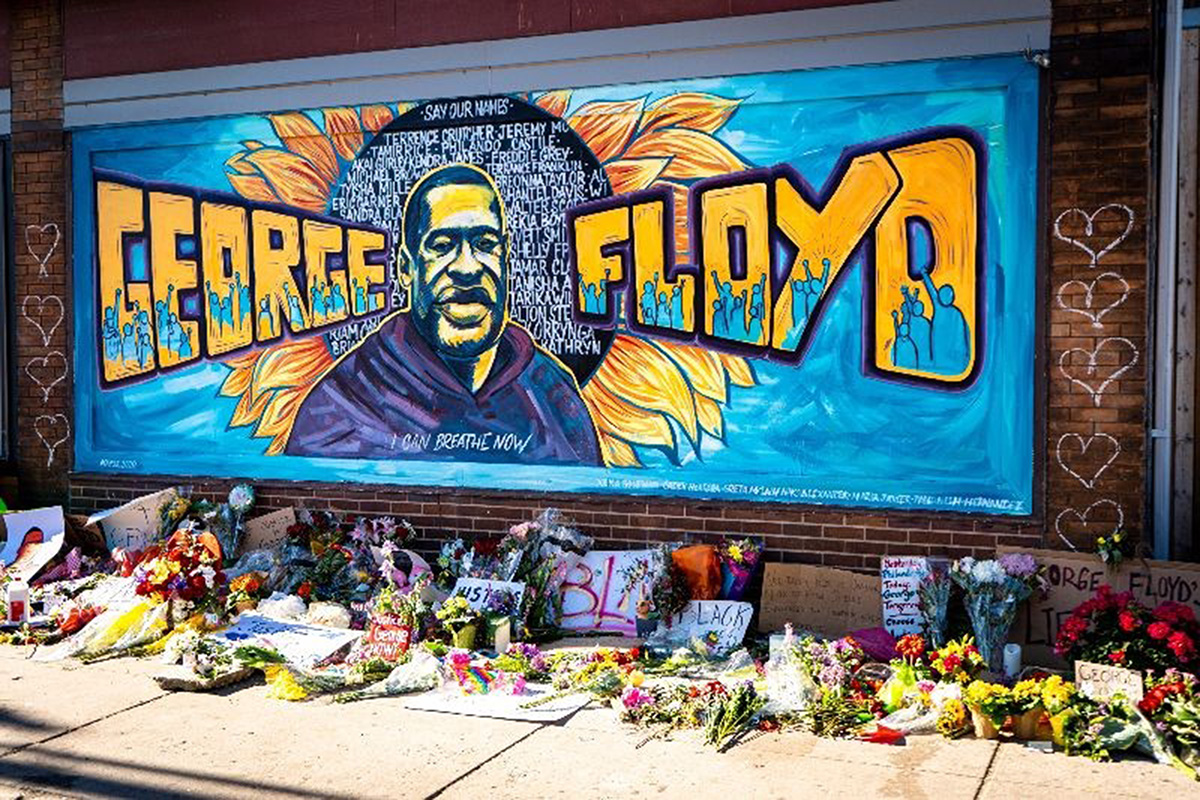
A NATIONWIDE UPRISING against murderous, racialized police brutality has broken out in the streets of U.S. cities and towns — even amidst the considerable risks of mass protests during the coronavirus pandemic, let alone threats from militarized police violence. An enormously positive development is the fact that it is both Black-led and multiracial in its actions and demands, relative to historic urban rebellions from the 1960s onward. The central demands to “Defund the Police” and “De-militarize the Police” stand out for their clarity and radical character — and their necessity…
U.S. Erupts with Mass Protests
— Malik Miah
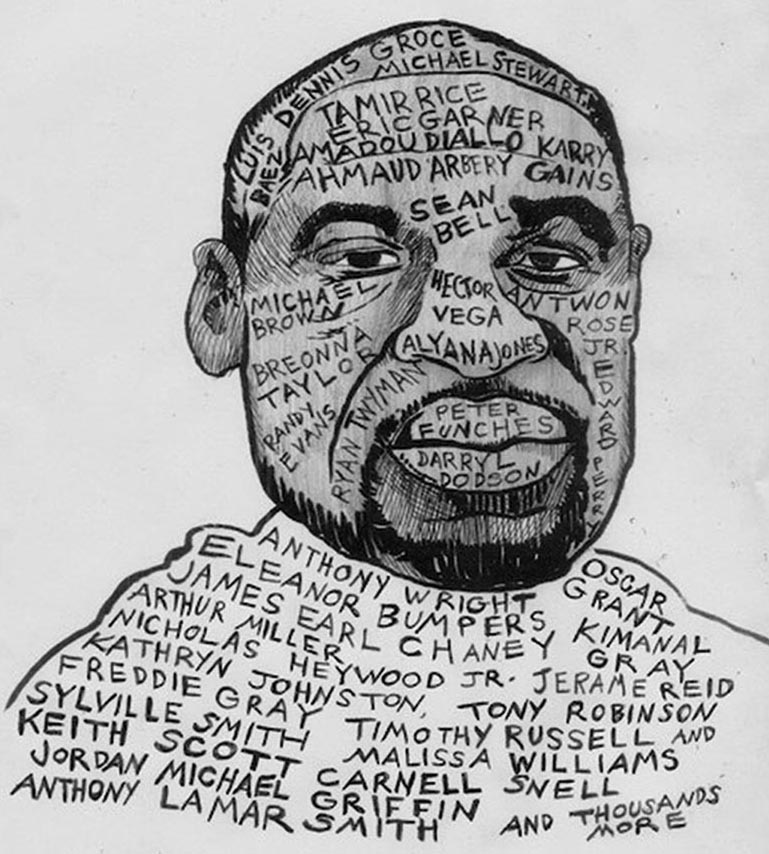
“THAT’S NOT A Chip On My Shoulder. That’s Your Foot On My Neck.”
— Malcolm X, speaking in response to police brutality and national oppression
MASS PROTESTS ACROSS the United States — and beyond —exploded after four cops murdered an unarmed Black man, George Floyd, 46, in Minneapolis, Minnesota, on May 25. The white cop, Derek Chauvin, 44, for nearly nine minutes, put his knee on Floyd’s neck.
Floyd gasped out, “I can’t breathe” and called for his “mama.” After six minutes his body went limp, but Chauvin kept his knee on his neck for an additional two minutes and 46 seconds to make sure he was no longer breathing. Two other cops held Floyd’s arms and legs pinned down as a fourth cop stood guard so bystanders could not intervene…
Producing Knowledge for Justice, Part II
— ATC interviews Rabab Abdulhadi
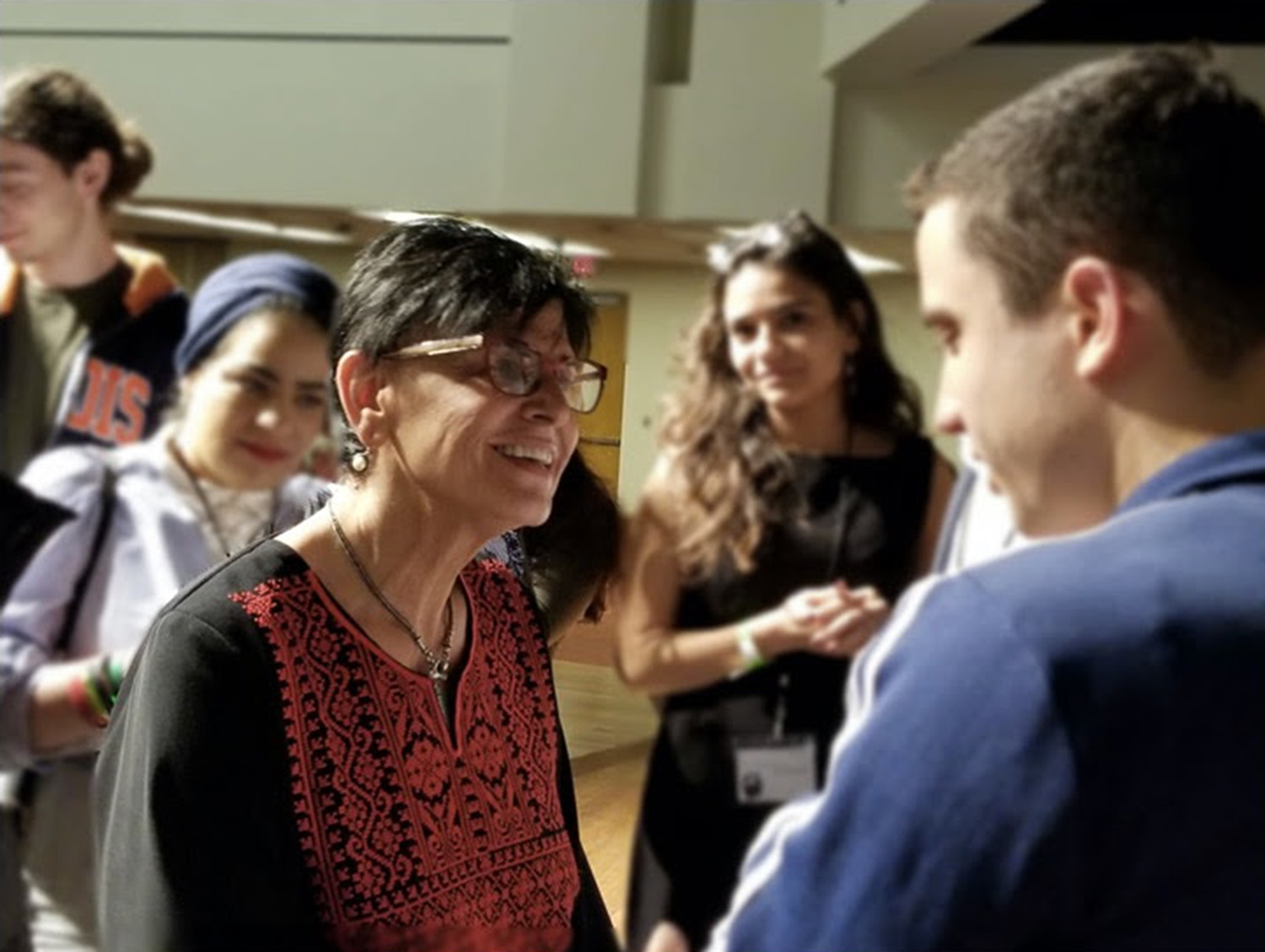
THE FIRST PART of this discussion with Professor Rabab Abdulhadi appeared in our previous issue, ATC 206 (May-June 2020). Dr. Abdulhadi developed the Arab and Muslim Ethnicities and Diasporas Studies (AMED) program in the College of Ethnic Studies at San Francisco State University 13 years ago. In Part I she outlined how she built the program and came under attack from right-wing Zionists…
Lessons from World War II: The Green New Deal & the State
— Martin Hart-Landsberg
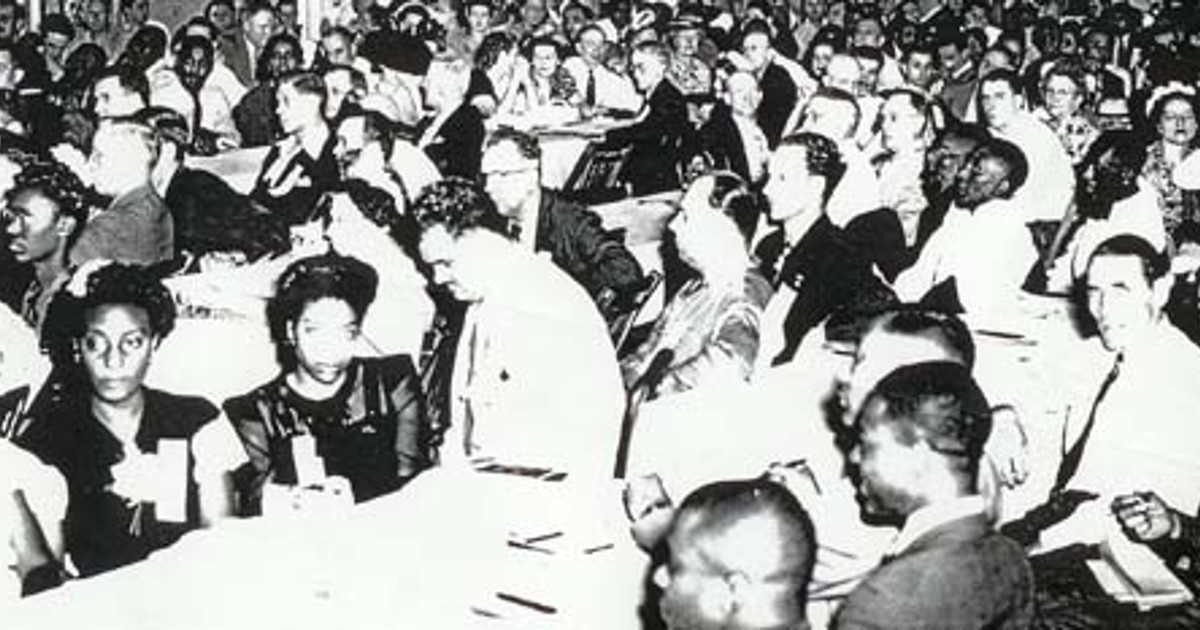
THERE IS GROWING interest in a Green New Deal, but far too little discussion among supporters about the challenging nature of the required economic transformation, the necessary role of public planning and ownership in shaping it, or the strategies necessary to institutionalize a strong worker-community voice in the process and final outcome…
White Supremacy Symbols Falling
— Malik Miah

WITHIN A FEW days in early June, Confederate monuments began to tumble. Ostensibly memorials honoring southern Civil War fighters, these statues were erected decades later, to announce that white supremacy remained alive and well.
A Senate committee is reviewing if Confederate statues at the U.S. Capitol should be removed. Previous attempts have failed. Activists and some city governments aren’t waiting for official action…
The Brotherhood of Railway Clerks
— Jessica Jopp

With their newly sharpened lead
the brotherhood of railway clerks
document summer latitude
sitting at their heavy station desks.
They pinpoint destination times
precisely as a silver watch.
In the bright sun of an afternoon
they use fine instruments to match
their passengers with numbered seats,
compartment green, window, aisle.
The leather satchels and the worldly trunks,
the clicking dinnerware they count,
perhaps some extra cargo, too…
The Pandemic
Authoritarianism & Lockdown Time in Occupied Kashmir and India
— Mona Bhan & Purnima Bose
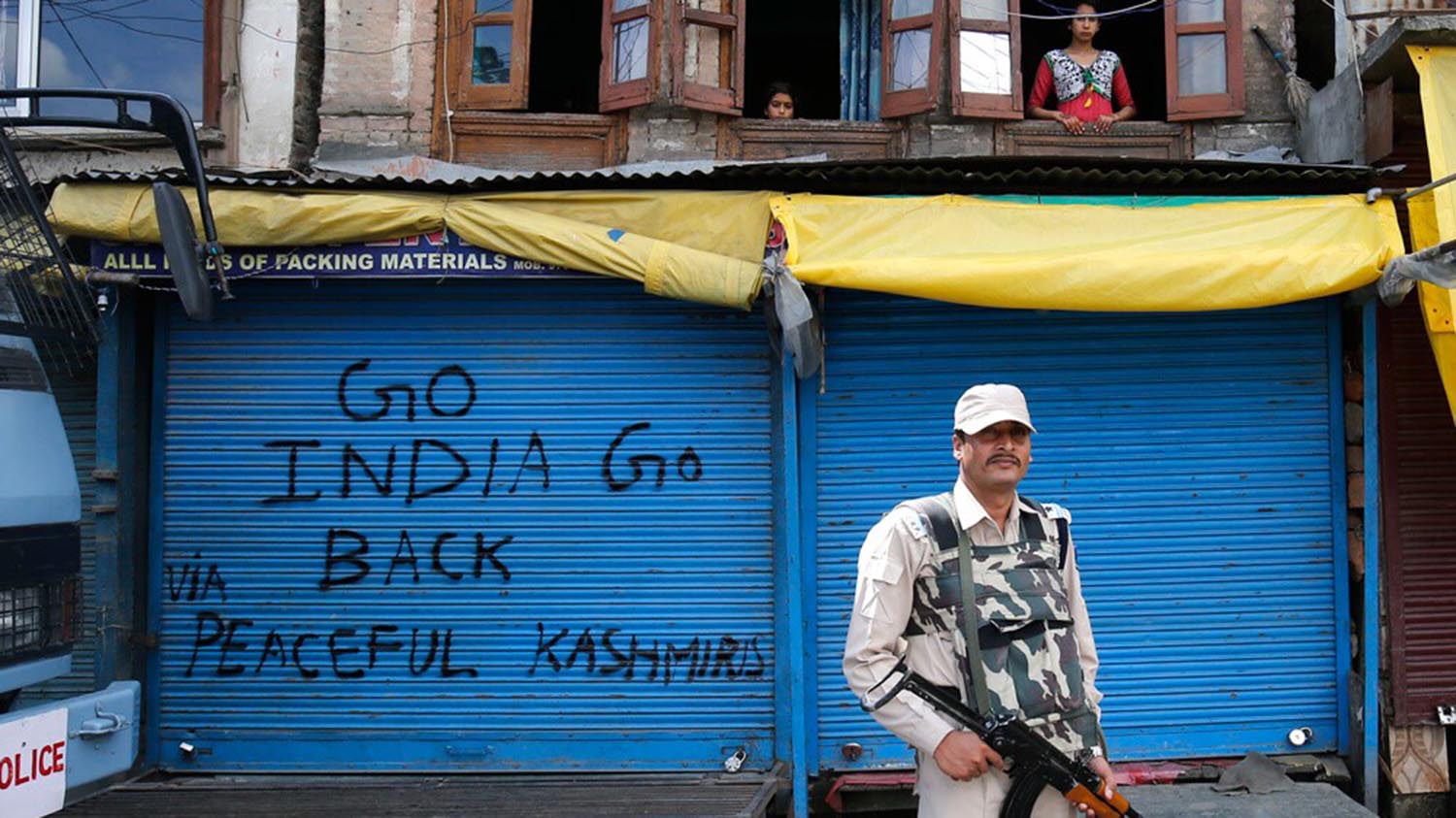
PANDEMICS GENERATE THEIR own vocabularies, and the “novel coronavirus” is no exception. In the United States the vocabulary of COVID-19 of “sheltering-in-place” and “lockdowns” resonates with Cold War era anxieties about nuclear war and more recent fears about gun violence.
In India the context involves growing Hindu majoritarianism materialized in a national-security state intent on demonizing Muslims and stripping them of citizenship. It is also a state determined to crush Kashmiri aspirations to sovereignty…
Ending the Lockdown?
— Mona Bhan and Purnima Bose
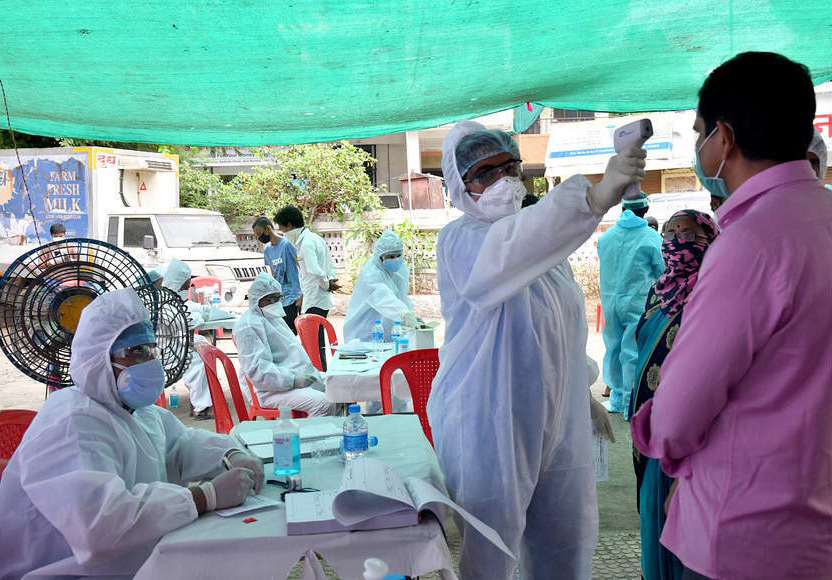
On MAY 31, 2020, THE Indian government announced a phased lifting of the lockdown in spite of the lack of evidence that the COVID-19 infection rate had been flattened.
As ATC goes to press in mid June, India has climbed from 7th to 4th place since then in the world rankings for the number of Covid cases. As of June 12, it has averaged 10,000 new daily cases for eight straight days, resulting in over 310,760 diagnosed infections…
The Virus in Latin America
— Marc Becker
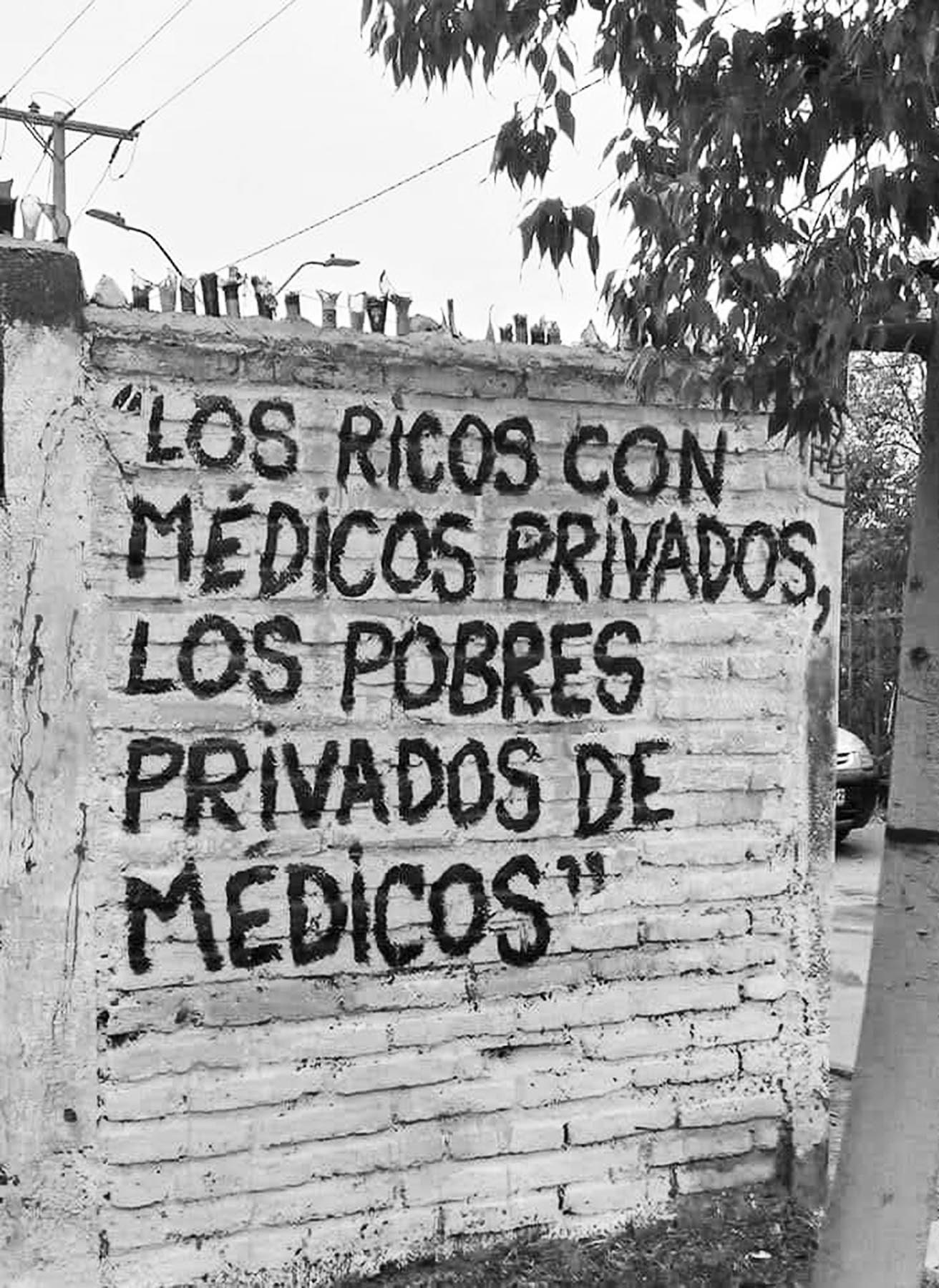
CLEONICE GONÇALVES WAS one of the first in Latin America to die from the coronavirus pandemic.
Gonçalves was a 63-year-old domestic worker in Leblon, one of the wealthiest neighborhoods in Rio de Janeiro, Brazil. Her employer was a wealthy woman who had recently returned from a vacation in Italy, but did not tell Gonçalves that she was infected nor that she was in isolation.
Gonçalves, who had hypertension and diabetes, fell ill and died on March 17....
Science, Politics and the Pandemic
— Suzi Weissman interviews Dr. Irv Weissman
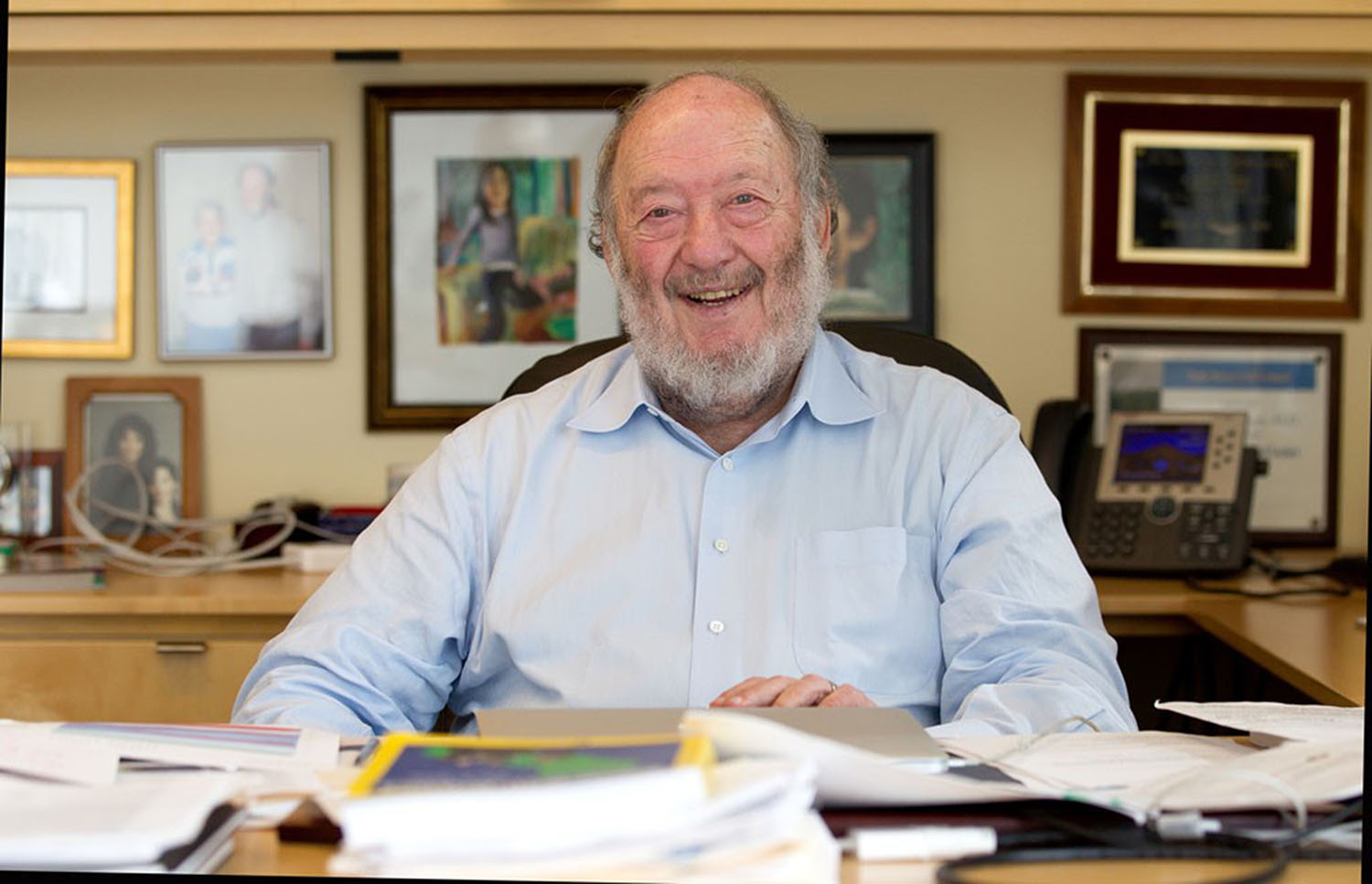
DR. IRV WEISSMAN is director of Stanford University’s Institute of Stem Cell Biology and Regenerative Medicine, and previously head of the Immunology Program and the Cancer Center. A cancer and stem cell biologist/immunologist, he is widely recognized as a stem cell pioneer — the first scientist to purify blood-forming stem cells in both mice and humans.
Suzi Weissman interviewed her brother Irv Weissman April 19, 2020 for her “Beneath the Surface” program on KPFK radio in Los Angeles. Many thanks to Meleiza Figueroa for transcribing the recording. It is abridged here for space reasons…
What We Need to Combat Pandemics
— Clifford D. Conner

AS I WRITE, it is Day 77 of our lockdown regimen here in New York City, which has been called “the epicenter” of the pandemic. We are experiencing an event of historic significance.
As the author of a forthcoming book on the problems of American science and technology,(1) I was asked to address a webinar on the general topic of innovation. At the present moment, the potential innovations on everyone’s mind are in the sphere of medical science — innovative therapies and prophylactics that can save us from this dreadful disease…
Reviews
Clarence Thomas's America
— Angela D. Dillard
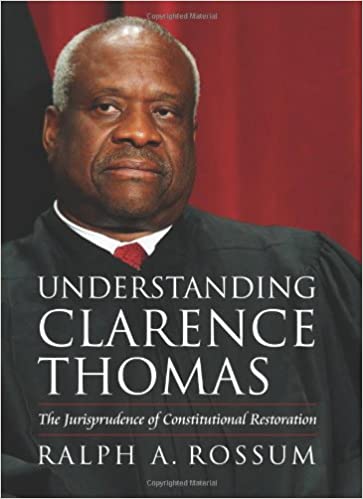
Understanding Clarence Thomas:
The Jurisprudence of Constitutional Restoration
By Ralph A. Rossum
Lawrence: University of Kansas Press, 2014, $45 hardcover.
The Enigma of Clarence Thomas
By Corey Robin
New York: Metropolitan Books, 2019, 320 pages, $30 hardcover.
IN A WORLD where everyone had read Wilson Jeremiah Moses’s classic text The Golden Age of Black Nationalism, Clarence Thomas would be less of an enigma. Maybe…
Homeownership and Racial Inequality
— Dianne Feeley
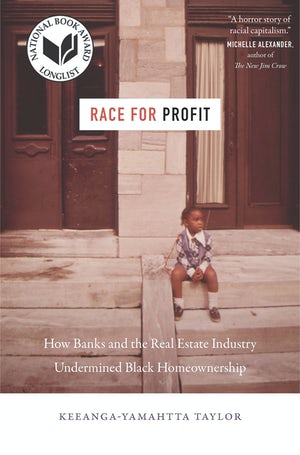
Race for Profit
How Banks and the Real Estate Industry Undermined Black Homeownership
By Keeanga-Yamahtta Taylor
Chapel Hill: University of North Carolina Press, 2019, 368 pages,
$30 hardback, eBook $22.99.
WHERE YOU LIVE predicts the path of your family’s future. A hundred years ago those who gave their address as Back of the Yards, then the south side heavily Irish neighborhood in Chicago, couldn’t get hired for a job in sales or offices....
Anti-Carceral Feminism
— Lydia Pelot-Hobbs

All Our Trials:
Prisons, Policing and the Feminist Fight Against Violence
By Emily L. Thuma
University of Illinois Press, 2019, 246 pages, $24.95 paperback.
THE DEMAND THAT no one be caged is an old one. Decades before the U.S. prison population hit two million and the concept of “mass incarceration” entered the public lexicon, anti-racist feminist organizers called for the end of criminalization and confinement…
Half-Life of a Nuclear Disaster
— Ansar Fayyazuddin and M. V. Ramana
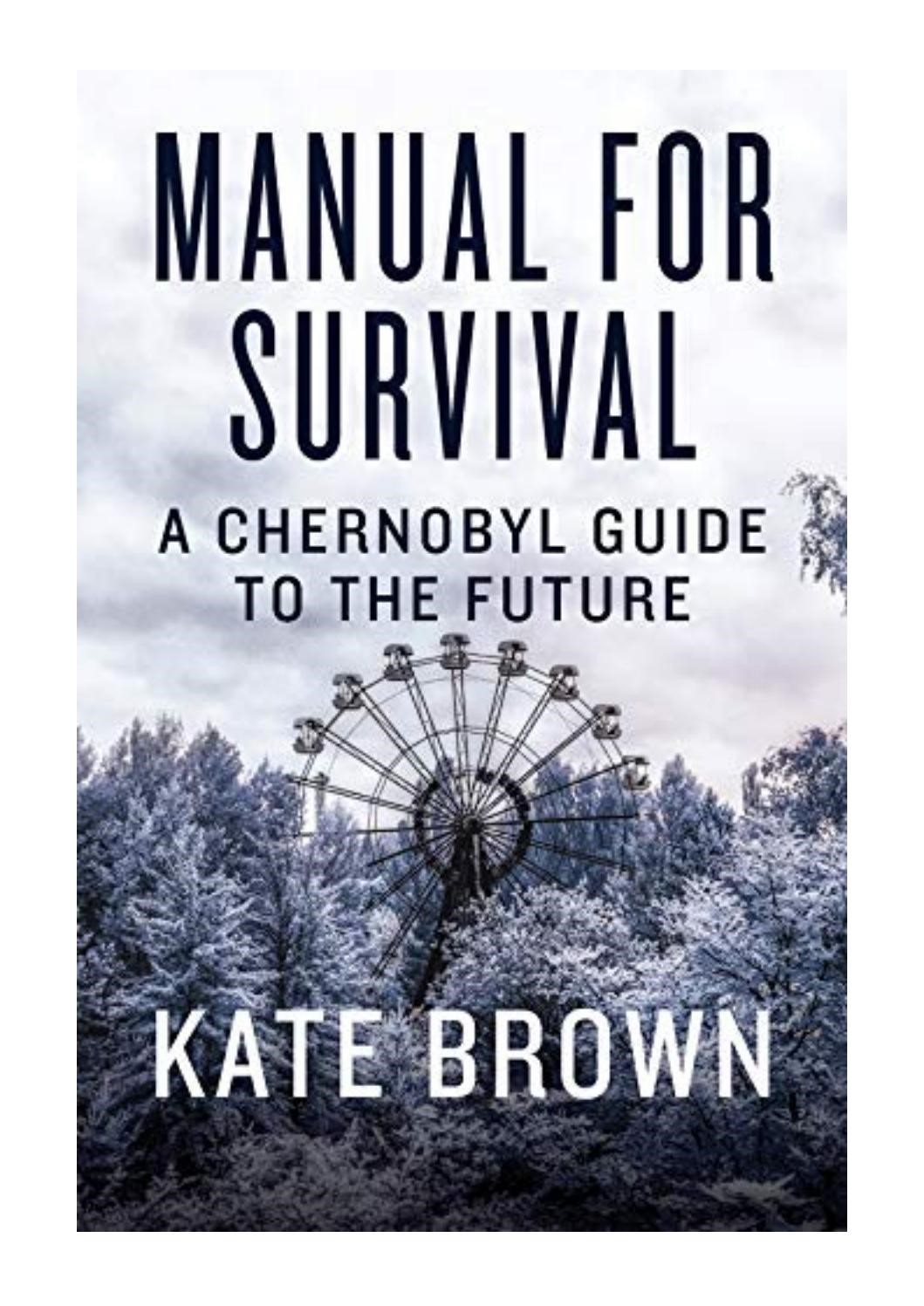
Manual for Survival:
A Chernobyl Guide to the Future
By Kate Brown
New York: Norton, 2019, 432 pages, $27.95 paperback.
ON APRIL 26, 1986, one of the reactors at the Chernobyl nuclear power plant in Ukraine exploded, scattering highly radioactive materials into the surroundings. As the fire ignited by the explosion in the reactor core burned, more radioactive effluent was expelled and swept by the winds from the Ukraine and neighboring Belarus, to much of Europe…
Can the Damage Be Repaired?
— Bill Resnick
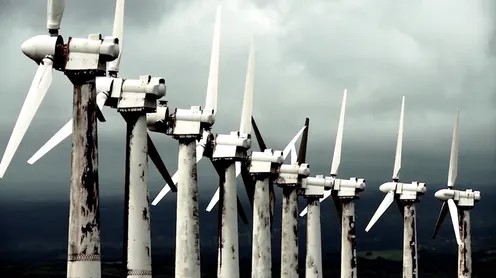
GIVEN HIS OTHER films, the left and climate action forces anticipated Michael Moore’s latest work, Planet of the Humans, to be a vivid exposition of the great threat of climate change and an equally vivid and inspiring demonstration of what can and must be done.
We expected a film that would demonstrate that humanity already possesses the knowledge and technologies — of renewable energy, of regenerative agriculture, of alternative transport, of all the Green New Deal’s goals including democratizing communities and achieving a measure of climate justice — to end the threat of human extinction and in the process bring to birth a new world…
A Lifetime for Liberation
— Naomi Allen

Holocaust to Resistance:
My Journey
by Suzanne Berliner Weiss
Roseway Publishing (Nova Scotia and Manitoba), 2019, 311 pages.
SUZANNE WEISS’S THRILLING and sometimes harrowing account of her life, from war orphan to immigrant to socialist activist, can be read almost as a catalog of liberation struggles from the post-World War II era through the first decades of the 21st century. Her personal story meshes almost seamlessly with the political history of those years…

